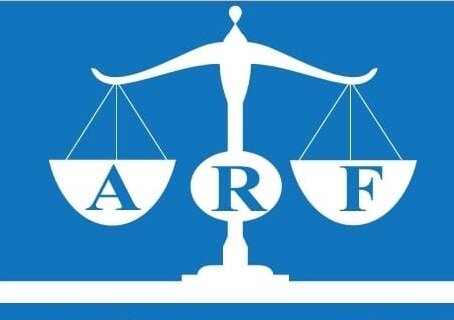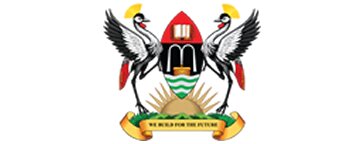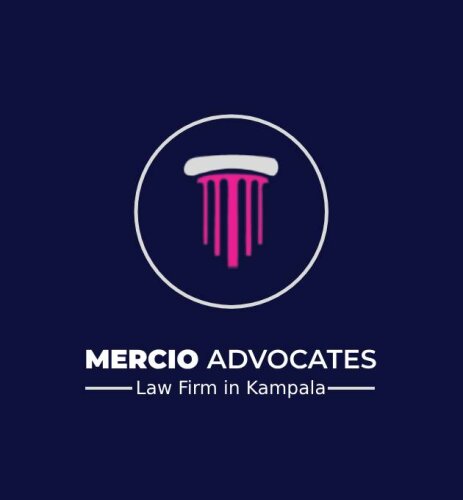Best Animal Law Lawyers in Uganda
Share your needs with us, get contacted by law firms.
Free. Takes 2 min.
Or refine your search by selecting a city:
List of the best lawyers in Uganda
About Animal Law in Uganda
Animal Law in Uganda encompasses the legal statutes, regulations, and case law concerning nonhuman animals. It involves animal welfare issues, the legal status of animals, wildlife conservation, and other legal matters that affect animals. The aim of Animal Law in Uganda is to protect and enhance the welfare of animals while balancing human needs and traditional practices. Uganda's legal framework regarding animal protection is influenced by international conventions and regional laws aimed at preserving biodiversity and protecting species from cruelty and exploitation.
Why You May Need a Lawyer
There are several common situations where individuals or organizations may require legal assistance related to Animal Law in Uganda. These include:
- Allegations of animal cruelty or mistreatment which may lead to prosecution under animal welfare laws.
- Disputes over animal ownership or the rights to access and utilize wildlife resources.
- Compliance issues for businesses or NGOs involved in animal breeding, agriculture, or wildlife tourism.
- Challenges related to conservation efforts, including the need for permits or enforcement of conservation regulations.
- Involvement in wildlife trafficking cases which demand serious legal implications.
- Advisory needs for drafting policies or operating procedures that comply with national and international animal welfare standards.
Local Laws Overview
Uganda has several laws and regulations that govern animal welfare and conservation. Key aspects include:
- The Animal Prevention of Cruelty Act, which outlines offenses related to animal mistreatment and sets penalties for such offenses.
- The Wildlife Act, which regulates the protection and conservation of wildlife, establishing management authorities, and providing for sustainable use.
- The Fisheries Act, which covers the conservation and management of fishery resources.
- International commitments, such as the Convention on International Trade in Endangered Species of Wild Fauna and Flora (CITES), which influences national conservation policies.
- Zoning and land use laws that impact habitat conservation and agricultural practices.
Frequently Asked Questions
What is the penalty for animal cruelty in Uganda?
Under the Animal Prevention of Cruelty Act, offenders may face fines or imprisonment. The severity of the penalty depends on the nature and circumstances of the offense.
Who is responsible for enforcing animal welfare laws in Uganda?
The Uganda Wildlife Authority and the Ministry of Agriculture, Animal Industry and Fisheries are primarily responsible for enforcement, alongside local government and law enforcement agencies.
How can someone report animal cruelty?
Individuals can report cases of animal cruelty to local law enforcement agencies, the Uganda Wildlife Authority, or the Ministry of Agriculture, Animal Industry and Fisheries.
What legal protections exist for endangered species in Uganda?
The Wildlife Act provides protection for endangered species by penalizing poaching and illegal trade, and stipulating conservation measures and penalties for violations.
Are there laws protecting farm animals from mistreatment?
The Animal Prevention of Cruelty Act includes provisions that protect farm animals from mistreatment and establishes standards for their care.
Can traditional hunting practices be legally challenged?
Yes, while traditional practices are recognized, they must comply with current wildlife conservation laws and ensure sustainable use of animal resources.
Does Uganda allow for the private ownership of wild animals?
Private ownership is heavily regulated and typically requires permits issued by the Uganda Wildlife Authority to ensure proper care and habitat conservation.
How does Uganda combat wildlife trafficking?
Uganda combats wildlife trafficking through strict implementation of laws, collaboration with international bodies, and enforcement actions by the Uganda Wildlife Authority.
What role do NGOs play in animal welfare in Uganda?
NGOs are crucial in advocacy, education, direct intervention in animal rescue and rehabilitation, and policy development to enhance animal protections.
What international bodies influence animal law in Uganda?
International bodies like CITES and the African Union play a significant role by influencing policy development and providing a framework for conservation and protection efforts.
Additional Resources
For more information or assistance related to Animal Law in Uganda, consider reaching out to the following:
- Uganda Wildlife Authority (UWA): An institution responsible for managing wildlife conservation.
- Ministry of Agriculture, Animal Industry and Fisheries: Oversees animal welfare and agricultural practices.
- Nature Uganda: An NGO focused on conservation efforts and environmental education.
- CITES Secretariat: For matters related to international trade of endangered species.
Next Steps
If you need legal assistance in Animal Law, consider the following steps:
- Identify the specific legal issue you are facing concerning animals or wildlife.
- Contact a lawyer specialized in Animal Law to discuss your case in detail.
- Consult with local or international NGOs that can provide guidance or support.
- Visit governmental bodies like the Uganda Wildlife Authority for direction on regulatory compliance or reporting violations.
- Engage in educational resources and seminars for a deeper understanding of your rights and obligations under Ugandan law.
Lawzana helps you find the best lawyers and law firms in Uganda through a curated and pre-screened list of qualified legal professionals. Our platform offers rankings and detailed profiles of attorneys and law firms, allowing you to compare based on practice areas, including Animal Law, experience, and client feedback.
Each profile includes a description of the firm's areas of practice, client reviews, team members and partners, year of establishment, spoken languages, office locations, contact information, social media presence, and any published articles or resources. Most firms on our platform speak English and are experienced in both local and international legal matters.
Get a quote from top-rated law firms in Uganda — quickly, securely, and without unnecessary hassle.
Disclaimer:
The information provided on this page is for general informational purposes only and does not constitute legal advice. While we strive to ensure the accuracy and relevance of the content, legal information may change over time, and interpretations of the law can vary. You should always consult with a qualified legal professional for advice specific to your situation.
We disclaim all liability for actions taken or not taken based on the content of this page. If you believe any information is incorrect or outdated, please contact us, and we will review and update it where appropriate.
Browse animal law law firms by city in Uganda
Refine your search by selecting a city.
















